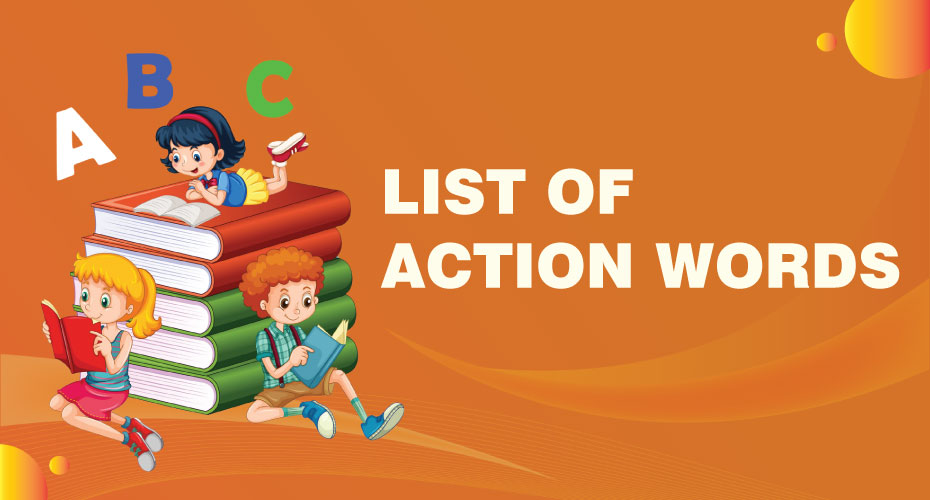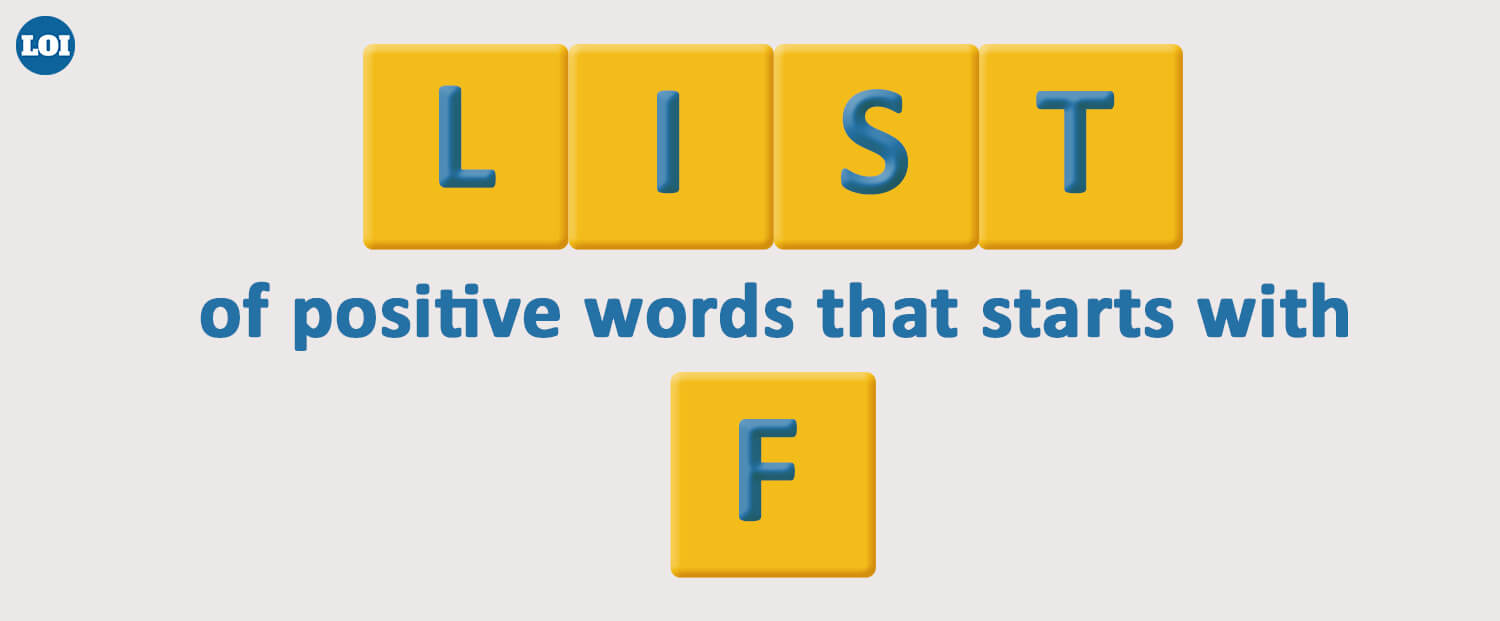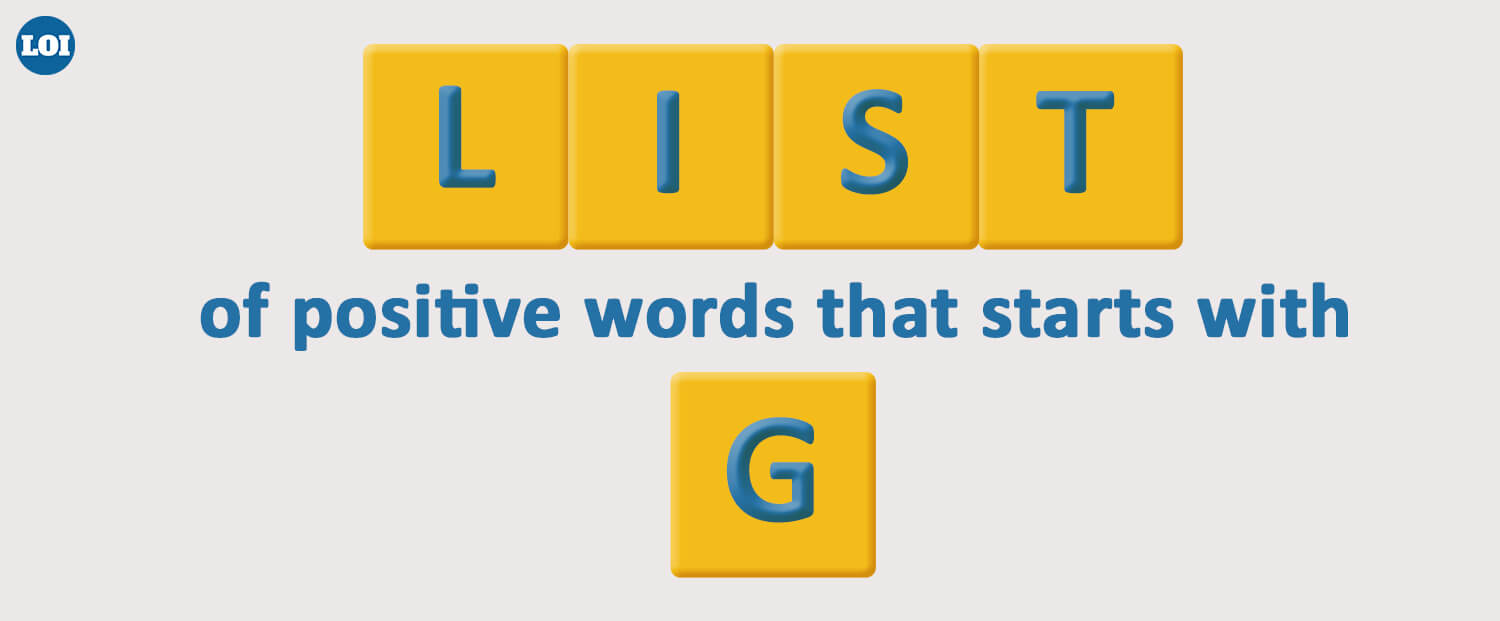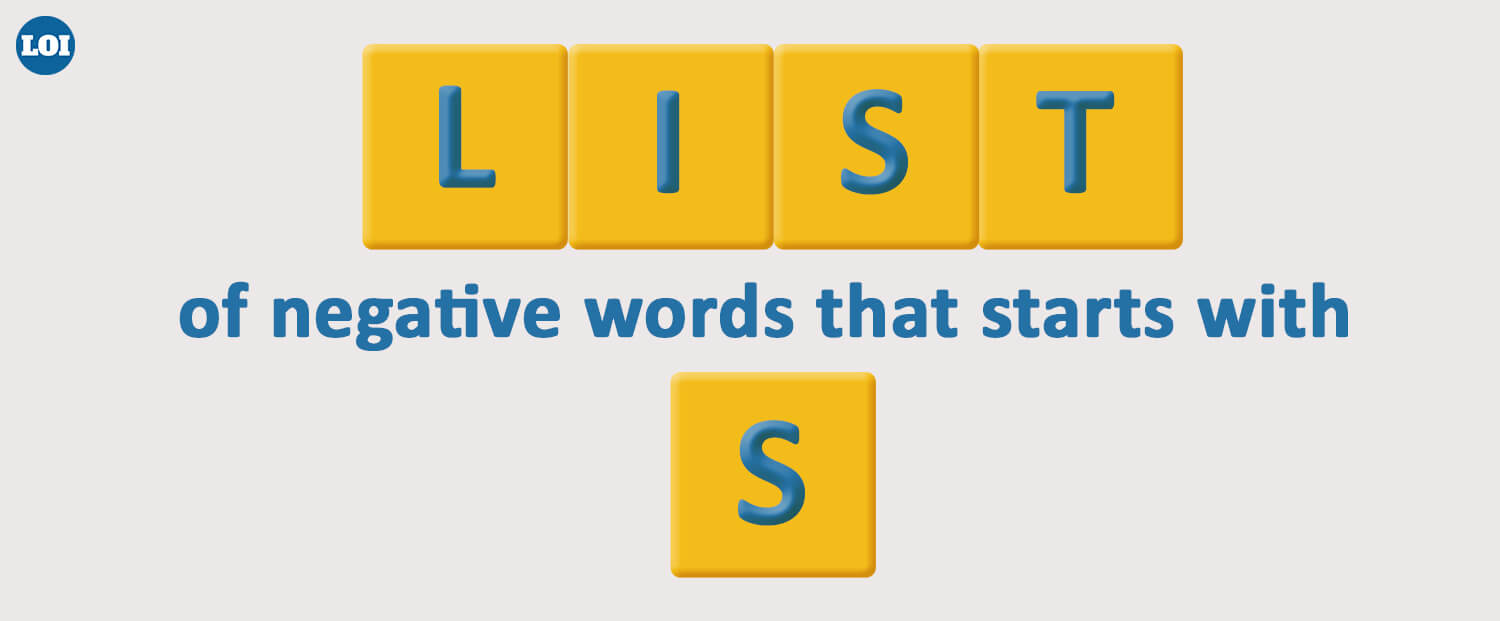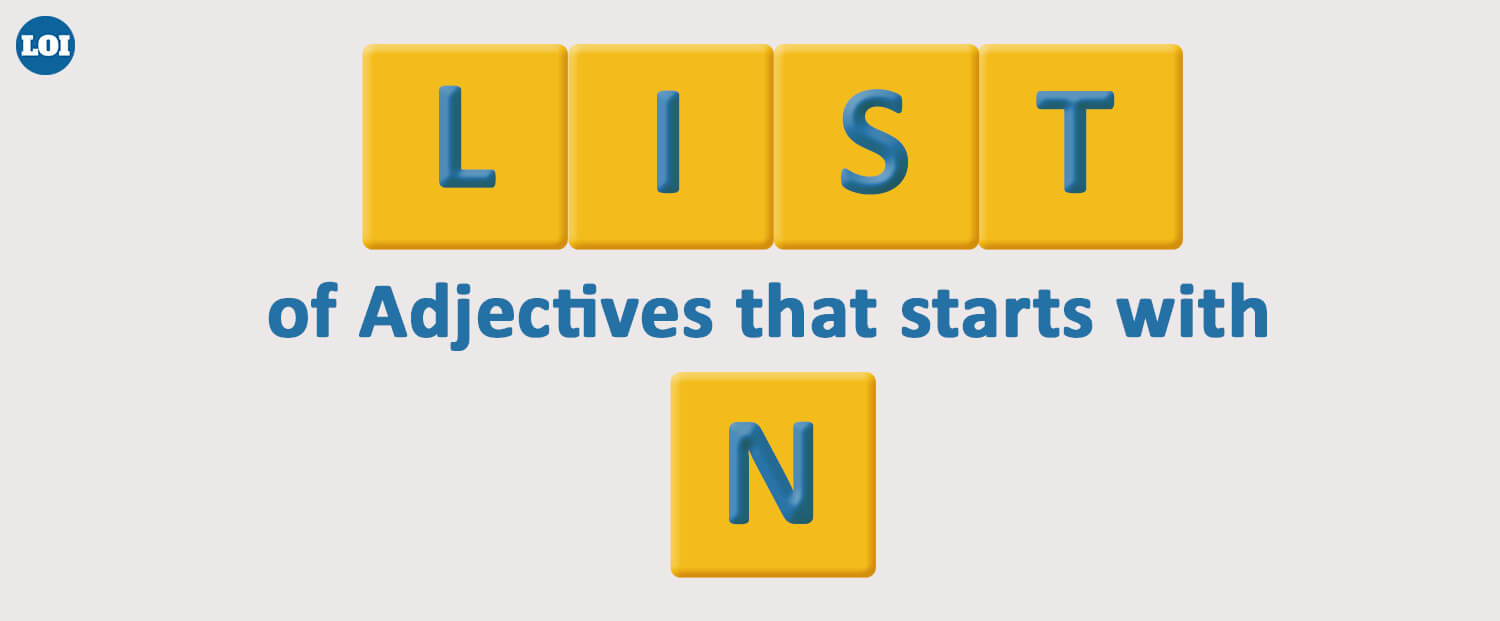In the US, almost 92% of the population today has access to the internet. And they use it extensively for all kinds of research, shopping, and communications. It is no hidden fact anymore that this cutting-edge invention has eliminated distances and made information readily accessible to everyone. A few taps, and you have everything you need right at your fingertips.
This power is unprecedented and facilitates a wide range of daily tasks. Therefore, if you are out hunting for your next academic destination, the internet is a great place to start the search. Wondering how online fact-finding can make your search cheaper and faster? Well, here are all the ways to make it easier for you to understand:
1: Get access to reliable college rankings
Of the many benefits that the internet brings to your college search is access to global rankings. Each year, various panels of experts evaluate educational institutions, including colleges and universities, on the basis of numerous factors. In the olden days, people only relied on word-of-mouth. Names like Harvard, Cambridge, and MIT were on everyone's lips, and this was the only way to know what the best schools in the world were.
Now though, platforms like GetPotential.com offer you the ability to enter your requirements and not just compare colleges with respect to their strengths and weaknesses, but also access where your institute of choice falls on the global scale. Since the rating and ranking of a college eventually determines the worth of their respective degree, it is important to check these statistics before applying. With the internet, this step takes just a few minutes.
2: Research respective professors and degree accreditations
Rankings for a college can differ in various segments. For instance, where the business department of a college may rank in the top ten, their computer sciences or IT schools may not have similar ratings. Moreover, there are a lot of shady platforms out there that can promise you the moon and the stars but deliver nothing. Mostly, these colleges are not accredited and you can verify that online.
More importantly, with the internet, you can explore the respective college, its curriculum, and what classes may be like. One way to get a holistic idea is to research relevant professors and their credentials. In some cases, you may be able to find a teacher's online class on YouTube, which can give you an idea of whether the subject will be interesting or not.
3: Take a virtual tour of the campus
A college campus will be your second home. In fact, on most days, you will find yourself spending more time on campus than you do at the dorm. On top of that, campus life and the memories you make on these grounds will be some of your most cherished moments throughout life. Since they have such a strong influence on your life, you definitely need to take a virtual tour of the campus.
Obviously, you will have multiple colleges shortlisted for applications, and while a physical tour is the best way to evaluate their campus, which is time-consuming and sometimes not even practical. However, you can take a virtual tour of the campus with the internet. Most colleges offer this on their website, but you have Google Earth to help you even if they don't.
4: Chat with current and former students
Once again, the power of the internet and the extent to which it enables communication comes to light. You may not know anyone in your social circle who visits a college you are interested in, but you can easily locate them online. Through various social media groups dedicated to students of every college, you can chat with them about what the place is like.
You can also connect with students who have graduated to ask them about job opportunities and their views about various aspects of the college. It is best to get in touch with as many people as you can because personal opinions can differ, and in order to develop a balanced consensus, you will need multiple accounts to compare.
5: Leverage social media for your research
While social networking platforms were only introduced as mediums for enabling communication, they have grown to encompass a wide variety of functions. Besides finding relevant groups on Facebook where you can connect with present students and alumni, you can get reviews in general about a college, but in case you don't trust their word, you can try a different approach on Twitter.
Since Twitter works differently, you can ask questions or simply send out a Tweet tagging the college you are interested in. There is a high chance that someone from the alumni, faculty, students, or general staff will respond to your tweet. From there, you can initiate a conversation with them if you want to.
6: Look for where your interest lies
Google offers a variety of ways where you can enter specific keywords and find the results you are looking for. For example, if you type in data science degree, you will come across many unfiltered results and irrelevant information that you may not even be looking for. The best way to eliminate the junk is to add the prefix 'site.:edu' before a search.
With this small addition, all the results Google lists will be relevant to educational institutions and the programs they offer in these capacities. Not only does this save time, but it also ensures that you are looking in the right places. Also, this is just one trick amongst many that you should be aware of when searching online.
7: Find out what extra-curricular activities the college offers
Academics will not be the only part of your life at a college campus. There will be a lot else that you might find yourself doing. Even if you are an introvert who doesn't partake in public activities, there will be clubs and bodies that will interest you. It is best to search for the type of activities that a college offers and whether they are of any interest to you or not.
Conclusion
The internet may have its pros and cons, but the benefits far outweigh the drawbacks, especially when it comes to creative tasks like finding the right college to enroll in. It saves you the time, effort, and hassle of physically visiting different campuses and evaluating the services that they provide. Therefore, use the tips mentioned above to make quick work of your hunt for the right college or university.
